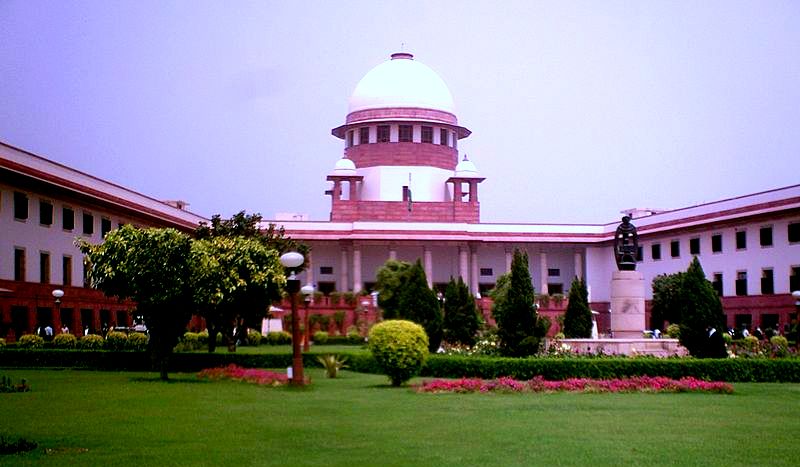Kapil Sibal Urges Supreme Court for Urgent Hearing on Waqf Law Petitions

New Delhi, 7th April 2025: Senior advocate and Rajya Sabha MP, Kapil Sibal, has requested the Supreme Court to expedite the hearing of petitions challenging the Waqf (Amendment) Bill, 2025. Sibal, representing Jamiat Ulema-e-Hind, appealed for an immediate hearing on the matter. In response, Chief Justice Sanjiv Khanna assured Sibal and the other petitioners that the court would soon decide on the listing of the case for an urgent hearing. The Supreme Court bench, led by
Chief Justice Khanna, acknowledged the significance of the petitions and noted that multiple pleas have already been filed on the issue.
Several petitions have been filed in the Supreme Court challenging the constitutionality of the Waqf (Amendment) Bill, 2025, with one notable petition filed by Samstha Kerala Jamiyyathul Ulema. Jamiat Ulama-i-Hind’s petition argues that the law violates the Indian Constitution, which guarantees equal rights and religious freedom to all citizens. According to the petitioners, the amendment undermines constitutional principles of equality and religious liberty, prompting
calls for an expedited hearing in the Supreme Court. Jamiat Ulama-i-Hind has strongly criticized the bill, calling it a “dangerous conspiracy” to undermine the religious freedom of Muslims. In addition to their Supreme Court petition, the state units of Jamiat Ulama-i-Hind plan to challenge the constitutional validity of the law in their respective state High Courts.
The Waqf (Amendment) Bill, 2025, was passed by both houses of Parliament, sparking immediate legal challenges. So far, six petitions have been filed, arguing that the law infringes upon the fundamental right to freedom of religion. Beyond the legal objections, the Muslim Personal Law Board has announced plans to protest the Waqf law across the country, reflecting widespread dissent within the Muslim community.
One of the primary issues raised by the petitioners is the inclusion of non-Muslims in the Waqf Board. This has sparked concerns that the law may violate the fundamental right to religious freedom, especially about the management of religious properties. The Supreme Court is expected to focus on this issue in the upcoming hearings, and its ruling could set important precedents on how religious freedoms intersect with property management laws in India.
The government, on the other hand, defends the law, arguing that it is intended to improve the management and administration of Waqf properties. According to the government, the reforms aim to increase transparency, accountability, and legal oversight, ensuring that these properties are used for their intended charitable purposes. While the government argues that the law does not interfere with religious practices, critics, including the petitioners, contend that it could infringe upon the rights of Muslims and other stakeholders involved in the management of Waqf properties.
The government also claims that the law protects the interests of Muslim women, in line with provisions under Article 15 of the Constitution, which allows special provisions for women. However, critics argue that the law could discriminate against Muslims and violate their right to equality.
As protests loom and legal battles intensify, the future of the Waqf Amendment Act, 2025, hangs in the balance. The Supreme Court’s ruling will be closely watched, as it will not only impact the law’s validity but also shape the future of religious freedom and property management laws in India.





